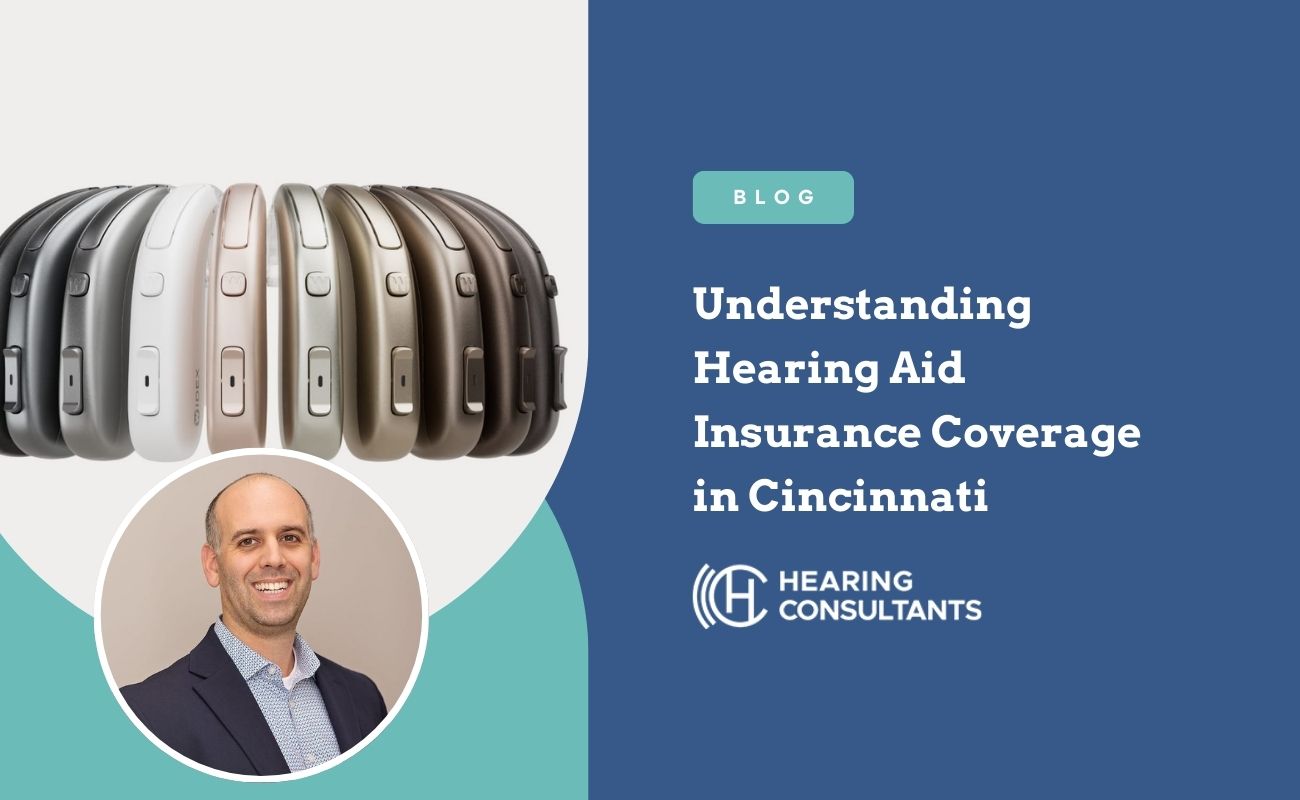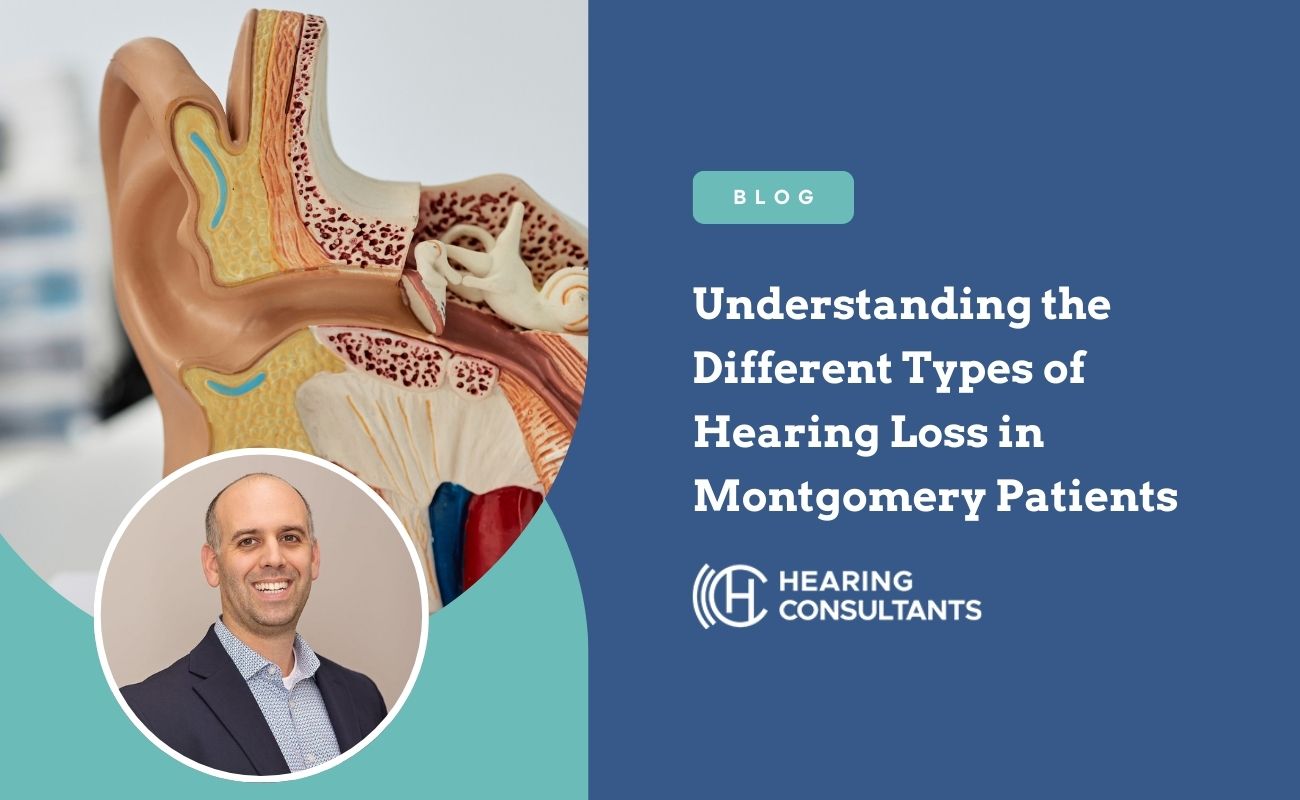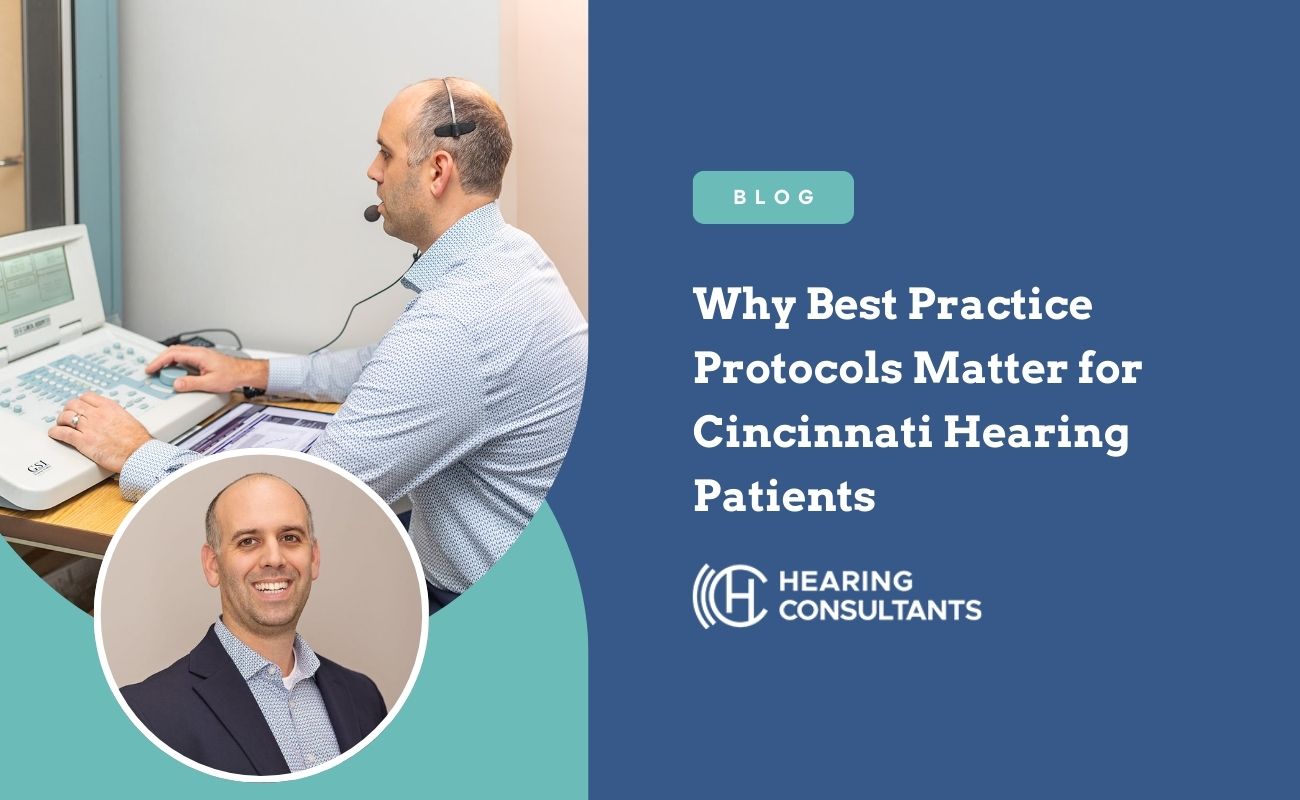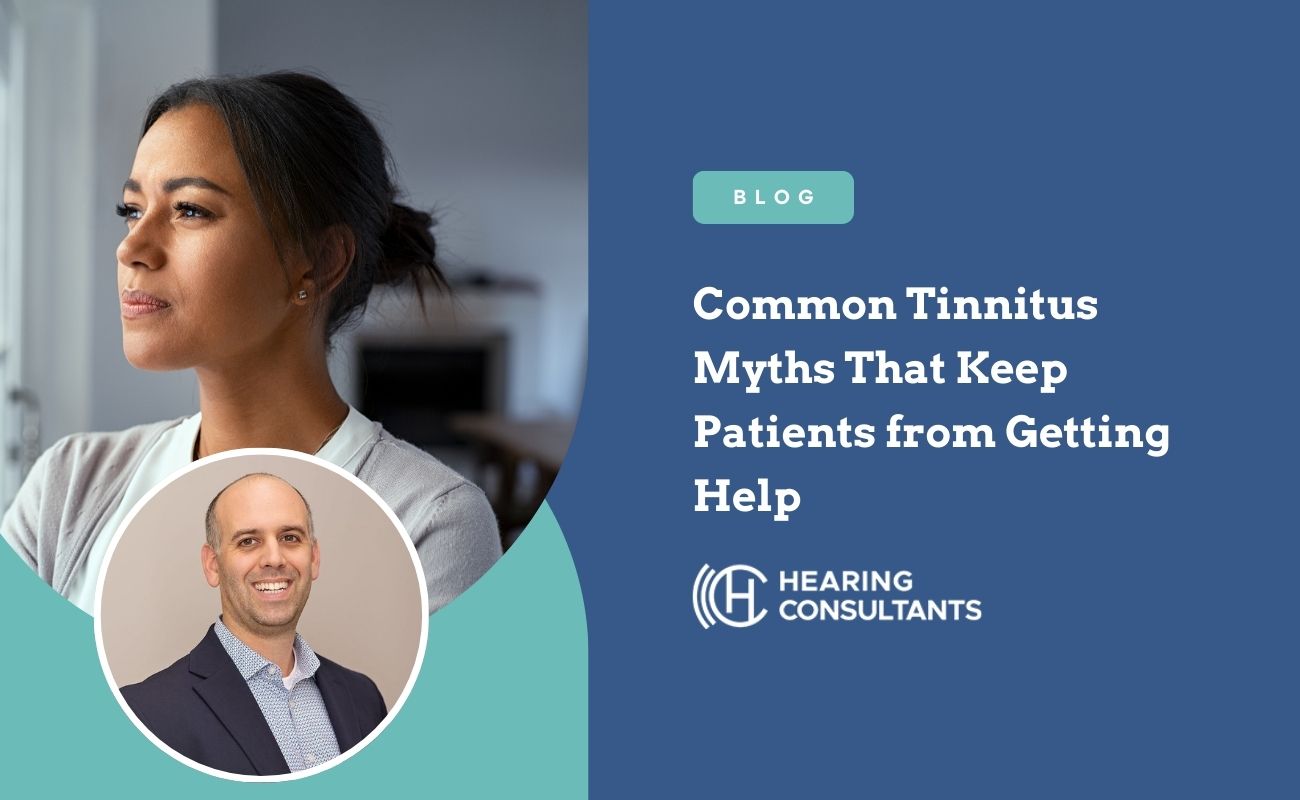Closed-caption Phones Open Up Doors for People with Hearing Loss
Hearing loss can detract from a person’s life in a myriad of little ways where gradual difficulties can accumulate into significant challenges. While hearing loss affects our overall health, our cognitive ability and even our earning power, the area people most poignantly feel hearing loss’ impact is through new problems communicating. Not being able to hear other people can lead to feelings of isolation and alienation and separate us from the people and activities we love the most. Hearing loss, if left unaddressed, can leave you feeling out of the loop and excluded from the conversation.
Fortunately, solutions exist to help people with hearing loss bridge those communication gaps. Hearing assistance can take the form of hearing aids or cochlear implants which help their users hear better everywhere they go. Specific assistive devices also exist to help the hearing-impaired stay safe and facilitate better communication. For example, instead of relying on sound-based alarms, a person with hearing loss may opt for a bed-shaker or vibrating alert that can help them wake up in the case of danger - or even just the start of a workday.
Improving the Phone
One major victory for disability rights was the passage of the ADA which, in part, codified the right for people with hearing and speech challenges to access appropriate telecommunications solutions. The ADA victory has helped make some assistive devices, like telephones adapted for the hearing impaired, widely available and often free-of-charge to qualified users.
Many states across the country have established programs to help people with hearing loss connect with assistive telephones, from try services and closed-captioned phones, to telephones that offer dramatically increased amplification. Just as people with hearing loss use diverse strategies to help them navigate the world around them, different telephone solutions accommodate different ways of hearing.
The Closed Caption Phone
Many people with hearing loss find using a standard telephone challenging. Vocal quality is often muffled and distorted through a telephone receiver. That’s where a live-captioned conversation can really improve access to talking with friends and loved ones.
Services like CapTel or CaptionCall make use of live captioners working in tandem with automatic speech-to-text translators to provide swift, accurate captioning for telephone calls. Using a landline telephone, captioning is delivered to a small screen attached to the phone which scrolls as the call progresses. A captioned call allows the phone user to engage in voice calls while keeping track of what is said via written text. Maintaining the vocal component of a phone call makes captioned phones more than simply texting. With the aid of a captioned phone it is possible to communicate with young children and doesn’t require the dexterity that texting does.
Each state has different programs available to help customers access captioned telephones. Here in Ohio, models of CapTel captioned telephones are made available to customers at a reduced cost and several counties are now helping people access close captioned phones free of charge.
Smarter All the Time
Better access to the phone doesn’t have to exclude the smart phone revolution. More modern hearing aids are incorporating device streaming into their impressive list of hearing aid features. New frontiers in sound streaming mean that audio from a smart phone and other compatible digital devices can be directly delivered to your Bluetooth enabled hearing aids for optimized listening - even your doorbell!
Hearing aids play a huge role in treating hearing loss effectively and alongside them, smart phones are making huge advances in becoming important assistive devices in their own right. Speech to text technology developed for hands-free note and memo taking is being developed into ever more accurate live-captioning software. The acceptance of texting has also let phone users with hearing loss stay connected to the people closest to them, alongside managing professional communication and correspondence.
Hearing Consultants
With so many options to choose from, you can’t let your hearing loss hold you back. From taking advantage of hearing aids with streaming audio to finding the right fit with an assistive phone, modern technology is helping people with hearing loss fully realize their telecommunications rights. If you have questions about your hearing, or devices and therapies that can help you manage your hearing challenges you know where to turn: Hearing Consultants. We proudly offer a full range of audiology services to the greater Cincinnati area.
Get in touch with
Hearing Consultants
Contact our clinic to schedule an appointment today!







